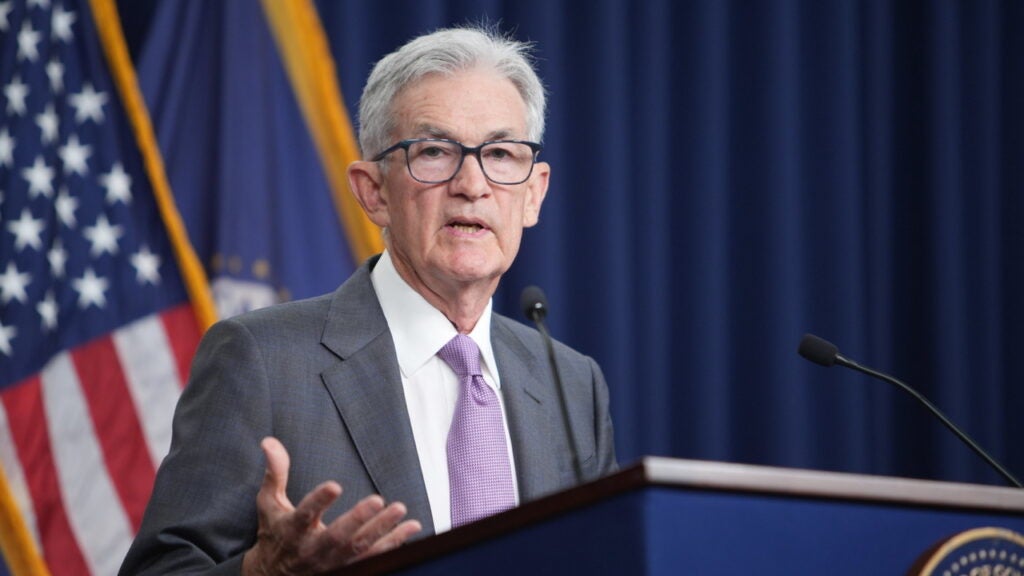A significant disparity in Federal Reserve officials’ views on future interest rate policy points to deeper strategic challenges that could impact markets through 2025, according to prominent economist Mohamed El-Erian.
What Happened: El-Erian, Chief Economic Adviser at Allianz, highlighted the notable divergence in Fed officials’ rate projections shown in the central bank’s latest “dot plot” released after its December meeting.
“This is part of a bigger problem — namely, the consistent absence of a strategic anchoring for policy formulation,” El-Erian wrote on X, formerly Twitter.
The Fed’s latest projections show officials expect the federal funds rate to decline to around 3.5% by the end of 2025, down from the current 4.25%-4.5% range. However, individual forecasts among Federal Open Market Committee members vary significantly, reflecting uncertainty about the pace of rate cuts.
Why It Matters: This divergence comes as Fed Chair Jerome Powell signals a more cautious approach to monetary policy. During Wednesday’s press conference, Powell emphasized entering a “new phase” with slower, more deliberate rate adjustments ahead.
Market reactions underscored investors’ concerns about the Fed’s strategic direction. The S&P 500 index — as tracked by the SPDR S&P 500 ETF Trust SPY tumbled 2.6%, while the tech-heavy Nasdaq dropped 3.5%. The U.S. dollar index, tracked by the Invesco DB USD Index Bullish Fund ETF UUP surged 1.2% to levels not seen since November 2022.
The dispersion in Fed views is particularly significant given persistent inflation challenges. Despite three rate cuts totaling 100 basis points in 2024, core PCE inflation remains above the Fed’s 2% target, with officials now projecting 2.5% inflation through 2025.
El-Erian warned in his recent Bloomberg Opinion column that this policy uncertainty could have meaningful implications during the first half of 2025, potentially affecting both U.S. economic performance and market stability.
Image via Federal Reserve
Disclaimer: This content was partially produced with the help of AI tools and was reviewed and published by Benzinga editors.
© 2024 Benzinga.com. Benzinga does not provide investment advice. All rights reserved.








